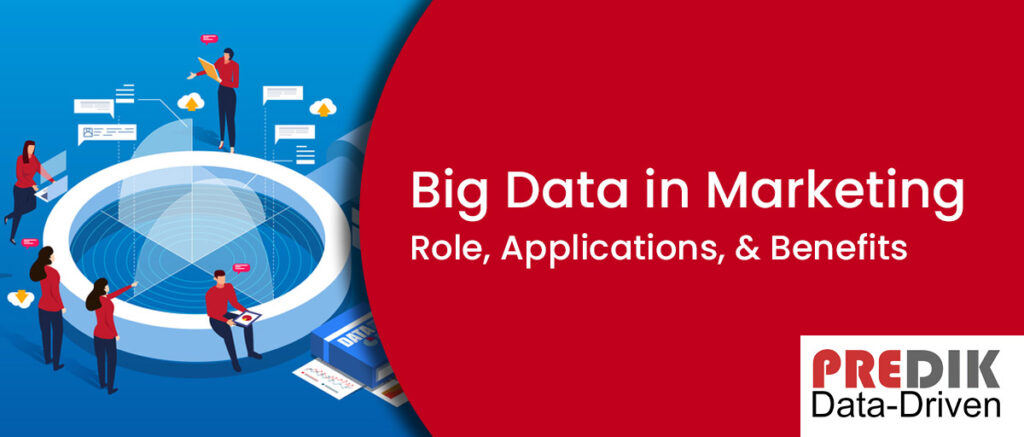Data has always played an essential role in sales and marketing. That is why Big Data has quickly changed the landscape for modern marketers.
With the birth of powerful Machine Learning tools, IA, and NLP techniques, businesses can get deeper understanding of their customer needs and preferences.
Whether it’s cloud-based data or real-time consumer behavior data, it can help organizations create personalized offers, compete with other companies with unique marketing emails, or employ a multi-cloud system to streamline all marketing calendars.
In this article, we will explain the role of Big Data in marketing. Also, we will discuss how Data analytics is transforming the industry.
The role of Big Data in Marketing
Big Data relates to the huge amounts of structured and unstructured data generated daily. It has the potential to change how marketers do business.
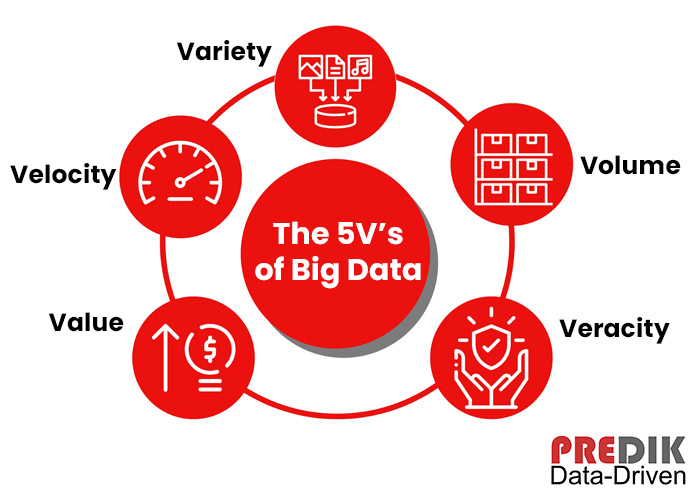
Big Data enables marketers to gain a fuller comprehension of their customer behavior, preferences, and demographics by gathering data from various sources, such as social media, customer feedback, and website analytics.
With the data collected, marketing teams can:
- Optimize pricing decisions
- Improve customer relationship management
- Reduce customer churn.
Five benefits of using Big Data in Marketing
Effective predictive modeling
By analyzing customer data, analysts can predict which customers are most likely to purchase in the future.
The benefit: Marketers use this information to develop targeted marketing campaigns that are more effective at driving sales.
Better personalization
By analyzing customer data, marketing teams can personalize messages and offers based on each customer’s preferences and behavior.
The benefit: This personalization can lead to increased customer engagement and loyalty.
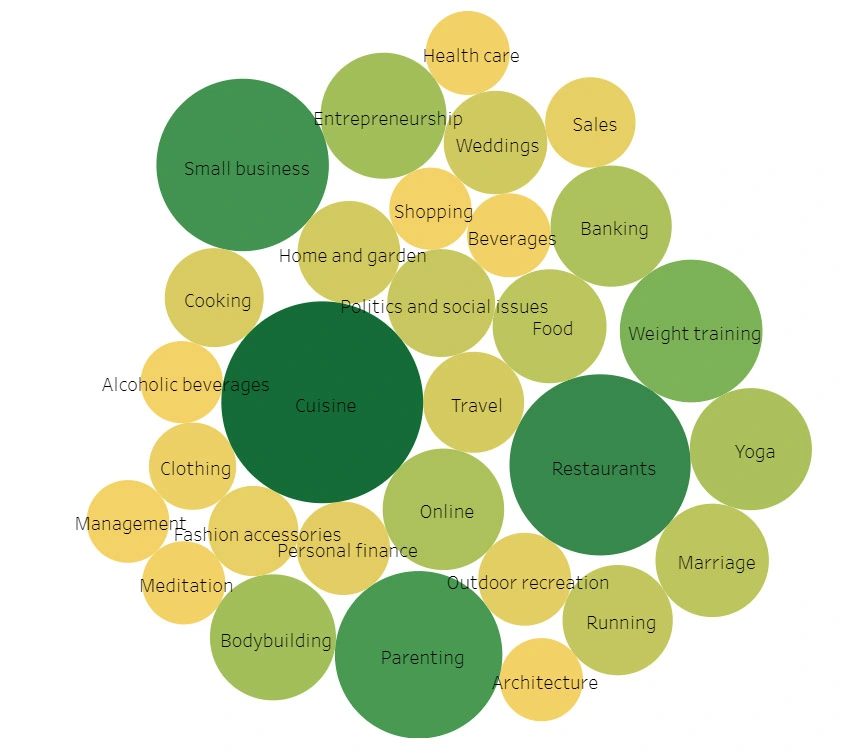
Optimizing marketing spend
By analyzing customer behavior and preferences, marketers can optimize their spending budget.
The benefit: Targeting only valuable customers allows companies to get the most out of their marketing efforts.
Reducing customer churn
Analysts can identify which customers are at risk of leaving by analyzing customer behavior and preferences.
The benefit: Marketers can reduce customer churn by targeting these customers with personalized offers and messages.
Improving customer experience
By analyzing customer behavior and preferences, marketing teams can identify improvement areas related to customer experience.
The benefit: Companies can improve customer experience and loyalty by making changes based on this information.
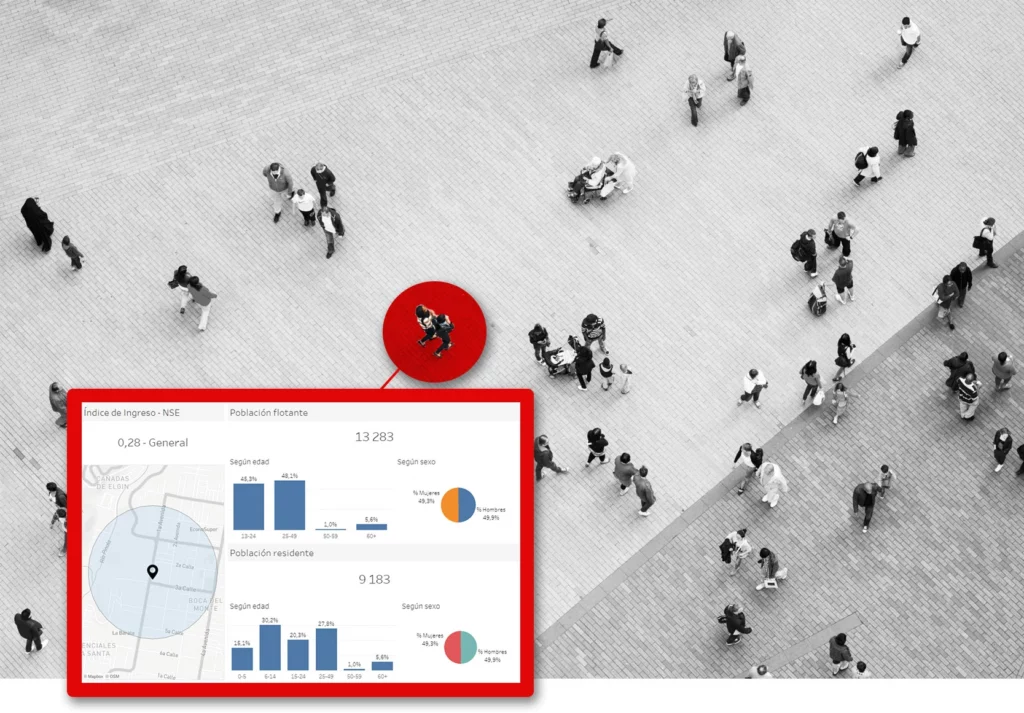
How are marketers using Big Data in 2024?
Developing customer loyalty programs
By analyzing customer data, marketers can develop loyalty programs tailored to their customer’s specific needs and preferences.
Identifying new market opportunities
By analyzing customer data, marketers can identify new opportunities for growth and expansion.
A new way of doing marketing research
Big data is also helpful for marketing research. By analyzing behaviors and preferences, marketing teams can gain insights into what their customers really want and need.
Many companies are doing Big Data market research to develop new products and services and improve existing ones.
Creating effective marketing strategies
A complete market understanding is the best way to identify effective marketing tactics and channels.
Through Big Data, creative teams develop targeted marketing campaigns that are more likely to drive sales and revenue.
Identifying the right target audiences
Marketers are also using Big data to identify target audiences. Through an in-depth consumer analysis, marketers can identify their ideal target audiences.
Having the right target audience is also vital for advertising. Targeted advertising campaigns are more likely to drive sales and revenue.
The role of Data Analytics and Data Science in Marketing
Data analytics involves analyzing and interpreting large data sets to uncover valuable insights and trends.
Data Analytics is a crucial component of Big Data in marketing. By using it, marketers can better understand their target audience, which can help them develop more effective marketing strategies.
Data science is also playing a significant role in transforming marketing. Data scientists can analyze large data sets using machine learning and other advanced techniques. By doing this, they can identify patterns and trends impossible for humans to detect.
That is why Data Analytics allows marketing teams to make better, data-driven decisions. The result? lncrease in leads, sales and revenue.
What is Big Data analytics? Why is it so important in marketing?
Big Data Analytics uses advanced techniques, such as Machine Learning and NLP. These technologies can obtain information and knowledge from large and complex data types.
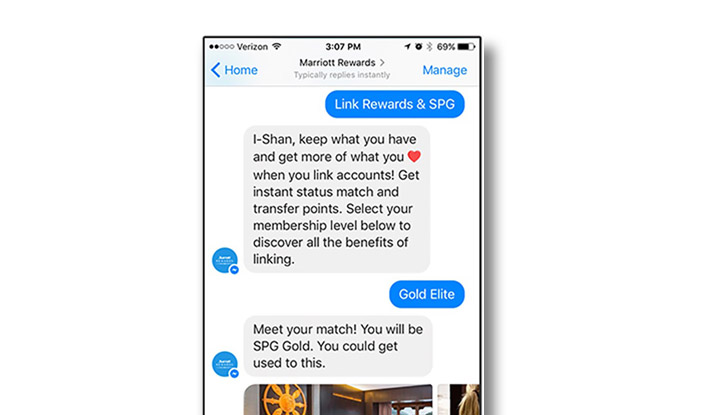
This type of analytics can include analyzing text, speech, images, and other unstructured data. Traditional structured data also comes to play (from databases and spreadsheets).
Big data analytics aims to uncover insights and relationships in the data that can inform business decisions and drive innovation.
That is why Big Data analytics has become a game changer in marketing. It allows marketers to gain valuable insights to optimize marketing strategies, reduce costs, and increase revenue.
By using big data analytics, marketers can better understand their target audience.
Big Data and social media
Did you know marketers can analyze large and complex data sets from social media platforms? Analysts can collect valuable information from tweets, posts, comments, and more through Big Data.
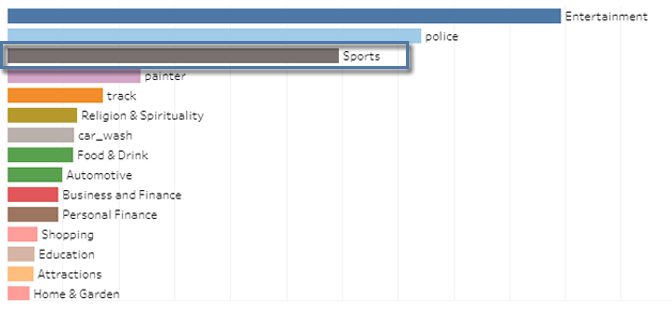
Natural Language Processing (NLP) techniques (Such as sentiment analysis, topic modeling, and named entity recognition) can extract insights from the text data generated on social media. Marketers can monitor mentions of their brand, gauge customer opinion, and determine major topics and influencers in their field.
Big Data also enables marketers to segment their audience, personalize their messaging, and optimize their campaigns for maximum impact. By leveraging data-driven insights, brands can create highly targeted and effective marketing strategies to increase engagement and conversions.
Conclusions
In conclusion, big data plays a critical role in marketing today. Marketers can gain valuable insights into customer behavior and preferences by gathering and analyzing large data sets.
Data analysis can help to:
- Optimize pricing decisions.
- Improve customer relationship management.
- Reduce customer churn.
- Develop targeted marketing campaigns that drive sales and revenue.
Also, Big Data provides better customer understanding, improves customer experience, reduces costs, and develops effective loyalty programs.
With the proper data management and Big Data analytics tools, marketing teams can leverage their strategies and drive business growth.
Visit us at PREDIK Data-Driven if you’re looking for a big data analytics company. We offer a variety of big data solutions, including location analytics solutions, geolocation approach market maps, and supply chain predictive analytics. You can contact us today to learn more or schedule a demo.

